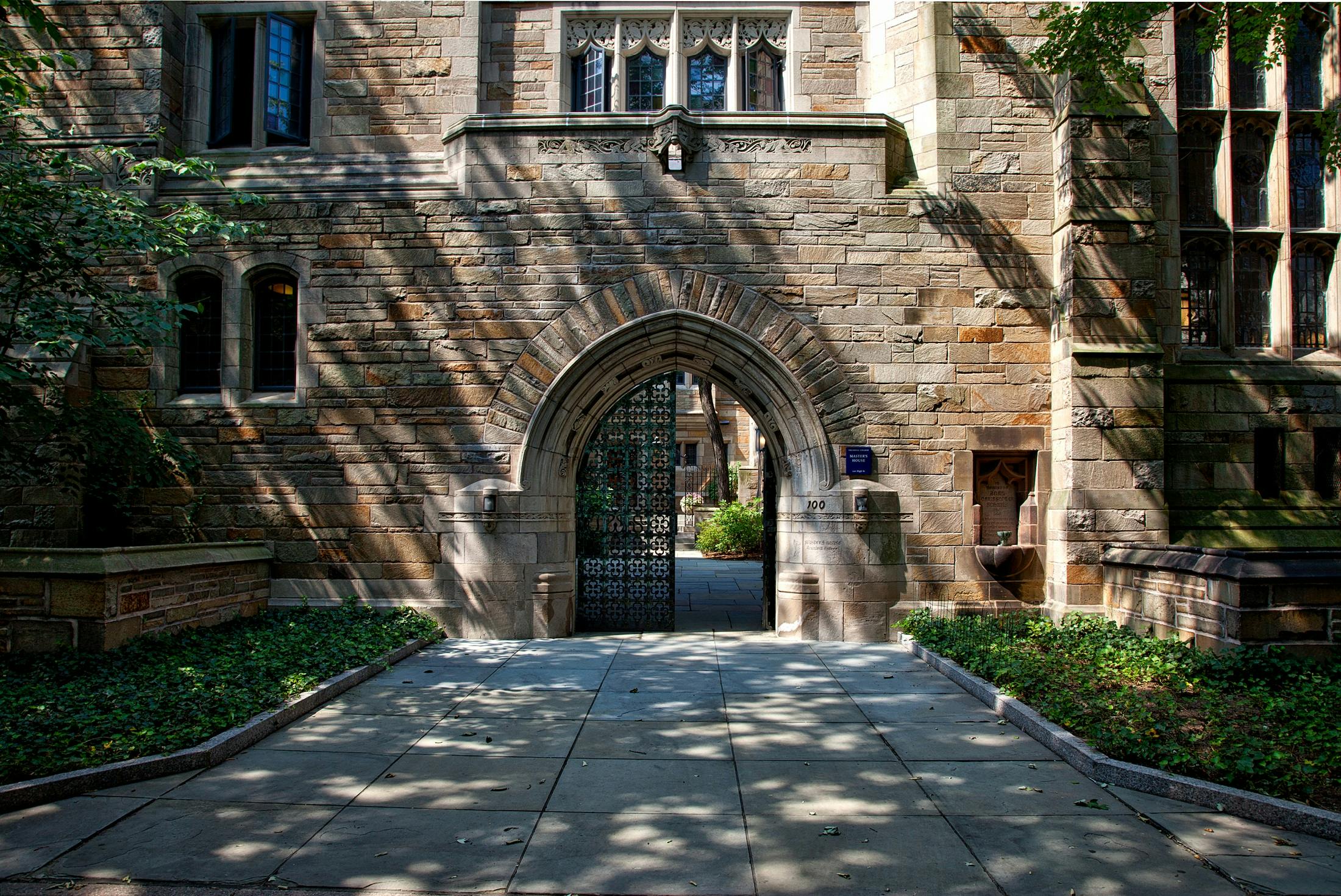University of Michigan – Ann Arbor
Established in 1817, the University of Michigan (U-M) in Ann Arbor stands as a beacon of academic excellence. Consistently ranked among the top public universities nationally, U-M offers over 275-degree programs across 19 schools and colleges. Its commitment to research is evident, with annual expenditures surpassing $1.6 billion, making it one of the leading research institutions globally. The vibrant campus life, combined with a strong athletic tradition, provides students with a holistic educational experience.
Michigan State University
Located in East Lansing, Michigan State University (MSU) is renowned for its expansive campus and diverse academic offerings. As a pioneer land-grant institution, MSU emphasizes research, outreach, and education. The university’s Eli Broad College of Business and College of Education are particularly esteemed. With a student body representing all 50 states and over 130 countries, MSU fosters a global community.
Michigan Technological University
Situated in Houghton, Michigan Technological University (Michigan Tech) is acclaimed for its engineering and technology programs. The university’s location in the Upper Peninsula provides unique opportunities for research in natural resources, environmental studies, and more. Michigan Tech’s Enterprise Program allows students to work on real-world projects, enhancing their practical experience.
Wayne State University
In the heart of Detroit, Wayne State University (WSU) offers a dynamic urban educational environment. As one of the nation’s 50 largest public universities, WSU provides a wide array of programs, with notable strengths in law, medicine, and business. The university’s commitment to research and community engagement contributes significantly to Detroit’s revitalization efforts.
Hope College
Located in Holland, Hope College is a private liberal arts institution known for its strong emphasis on undergraduate research and a vibrant arts scene. With a student-to-faculty ratio of 11:1, students receive personalized attention, fostering academic growth and mentorship.
Kalamazoo College
Kalamazoo College, affectionately known as “K,” offers a distinctive curriculum that integrates rigorous academics with experiential learning. The K-Plan encourages students to engage in study abroad, internships, and individualized projects, cultivating well-rounded graduates.
Central Michigan University
Central Michigan University (CMU), located in Mount Pleasant, is one of the state’s largest public universities. CMU offers a broad spectrum of programs, with particular recognition in journalism, education, and health professions. The university’s commitment to research and innovation is evident through its various research centers and institutes.
Western Michigan University
Based in Kalamazoo, Western Michigan University (WMU) is a research institution known for its programs in aviation, engineering, and the fine arts. WMU’s College of Aviation is among the largest in the nation, providing top-tier training for aspiring pilots and aviation professionals.
Eastern Michigan University
Eastern Michigan University (EMU) in Ypsilanti offers diverse programs, with strengths in education, business, and technology. EMU’s dedication to community engagement and applied research provides students with practical experiences that complement their academic studies.
Albion College
Albion College is a private liberal arts college known for its commitment to interdisciplinary studies and pre-professional programs. The college’s Center for Sustainability and the Environment exemplifies its dedication to addressing contemporary global challenges.
Michigan’s Commitment to Higher Education
The state of Michigan demonstrates a robust commitment to higher education, as evidenced by the Governor’s recommendation for the FY 2025-26 higher education budget. This proposal underscores the state’s dedication to enhancing educational infrastructure and resources, ensuring that institutions can continue to provide quality education and contribute to the state’s socioeconomic development.
Economic Impact and Student Debt
Michigan’s higher education institutions play a pivotal role in the state’s economy, not only by producing a skilled workforce but also through research and innovation that drive economic growth. However, the issue of student debt remains a significant concern. As of recent data, Michigan has approximately 1.4 million student loan borrowers, each with an average federal student loan debt of around $37,000, totaling $50.8 billion statewide.
Conclusion
Michigan’s diverse array of colleges and universities offers students numerous pathways to achieve their academic and professional goals. From large research institutions to intimate liberal arts colleges, the state’s commitment to higher education is evident. As Michigan continues to invest in and prioritize education, its institutions are poised to adapt and thrive, meeting the evolving needs of students and society at large.
(Source : axios.com )


